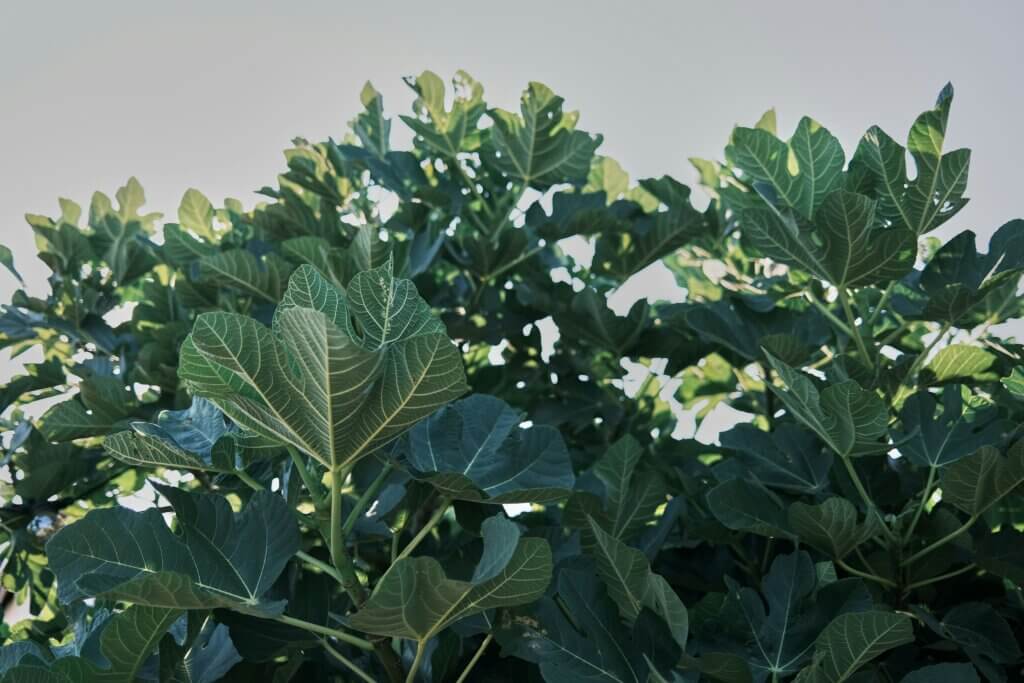
The First Clothes
and they knew that they were naked.
—Genesis 3:7
How could they have missed it? Surely there was
wetness and rising tides, juices that rampaged
in spring, stamens and carpels in the garden,
swelling and presenting. A whole paradisiacal world
bent on reproduction, and their solution was
to sew fig leaves together to cover their perfect bodies.
Adam blamed the woman for their joint act
of disobedience, setting a long-held precedent,
and though God fashioned better clothes made of
skins, they were doomed to toil in intractable soil,
a flaming sword swooshing back and forth through the air
to prevent them getting back to that perfect place.
Telenovela
The wrinkled lady sitting next to me
on the bus was watching a Spanish soap
on her phone:
a cigarette-smoking hombre
in tight leather pants was flicking
a lighter—
abierto
cerrado.
A horse cantered by, burdened
with a large vaquero.
A young couple kissed for so long
I thought the film froze. Their house
was on fire, but they kept on kissing.
In a head-and-shoulder shot, a hazel-eyed
woman shook her long, lustrous hair in slow
motion and spoke the name
of her shampoo.
Then the old lady got off the bus, and
now I don’t know how it ended.
Cardea Comes Tumbling
Old four-eyes-Janus is in seclusion,
centuries flying since he was summoned
to mark the beginning and end
of the season, the voyage, the
rite of passage. He is no longer called
to mark the sacred spaces
or bless the traveller.
He spends his days now in his garden,
staring forward and backward.
The new gods ignore him, find him
unsuitable—a freak. They are vulgar,
power-hungry and duplicitous as
ever, but more empty-headed now.
His invitation to party with
the sparkling set is a thing of the far past.
Better this way.
It’s June, hinge of the folding year.
The hawthorn is hiding its spikes behind
drooping blooms, a conspiracy
to remind him of his first love, so beautiful
he forced himself on her, and after,
when she angered, he did the thing a god-
of-ending-conflicts might do—
he made her goddess of door hinges.
He hasn’t lost his light touch with spaces
either. He marks out a doorway in the darkening
sky. When the time is right he will open
the door and pass quietly through, leaving
these doomed mortals behind.